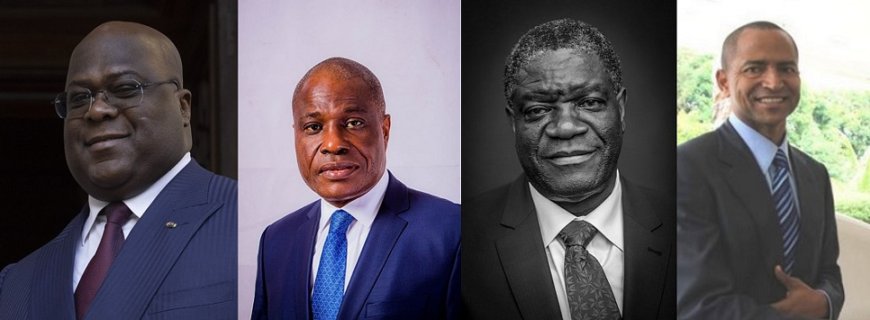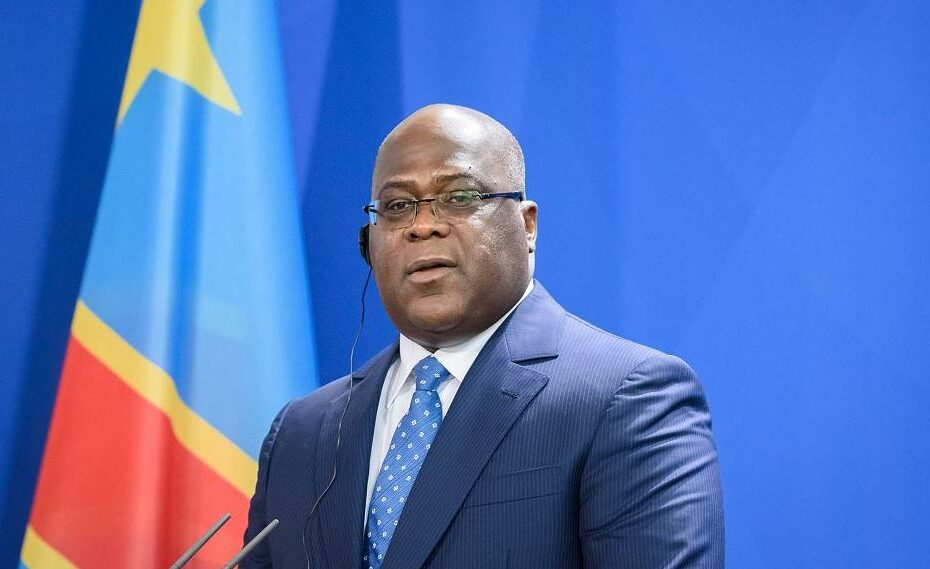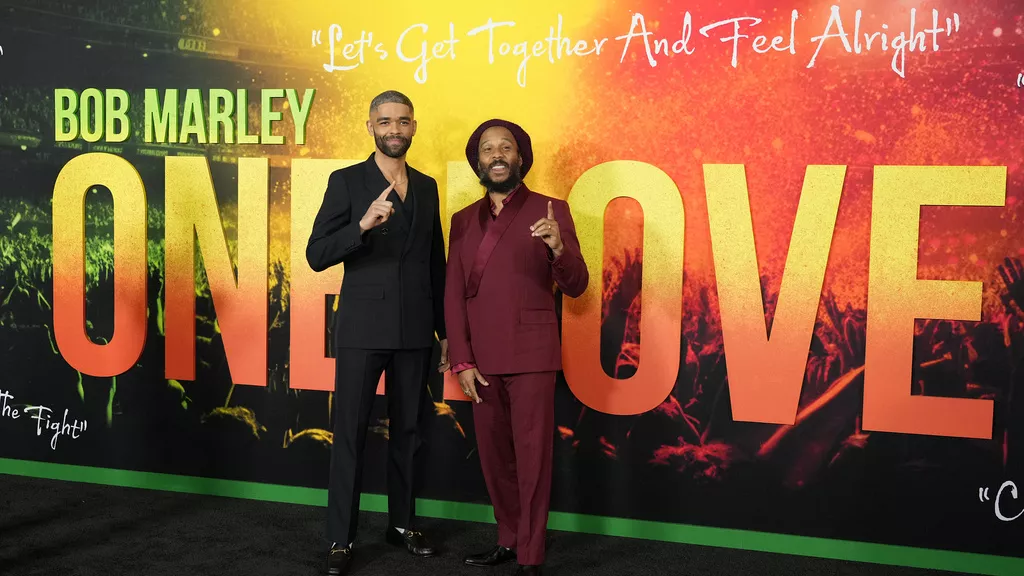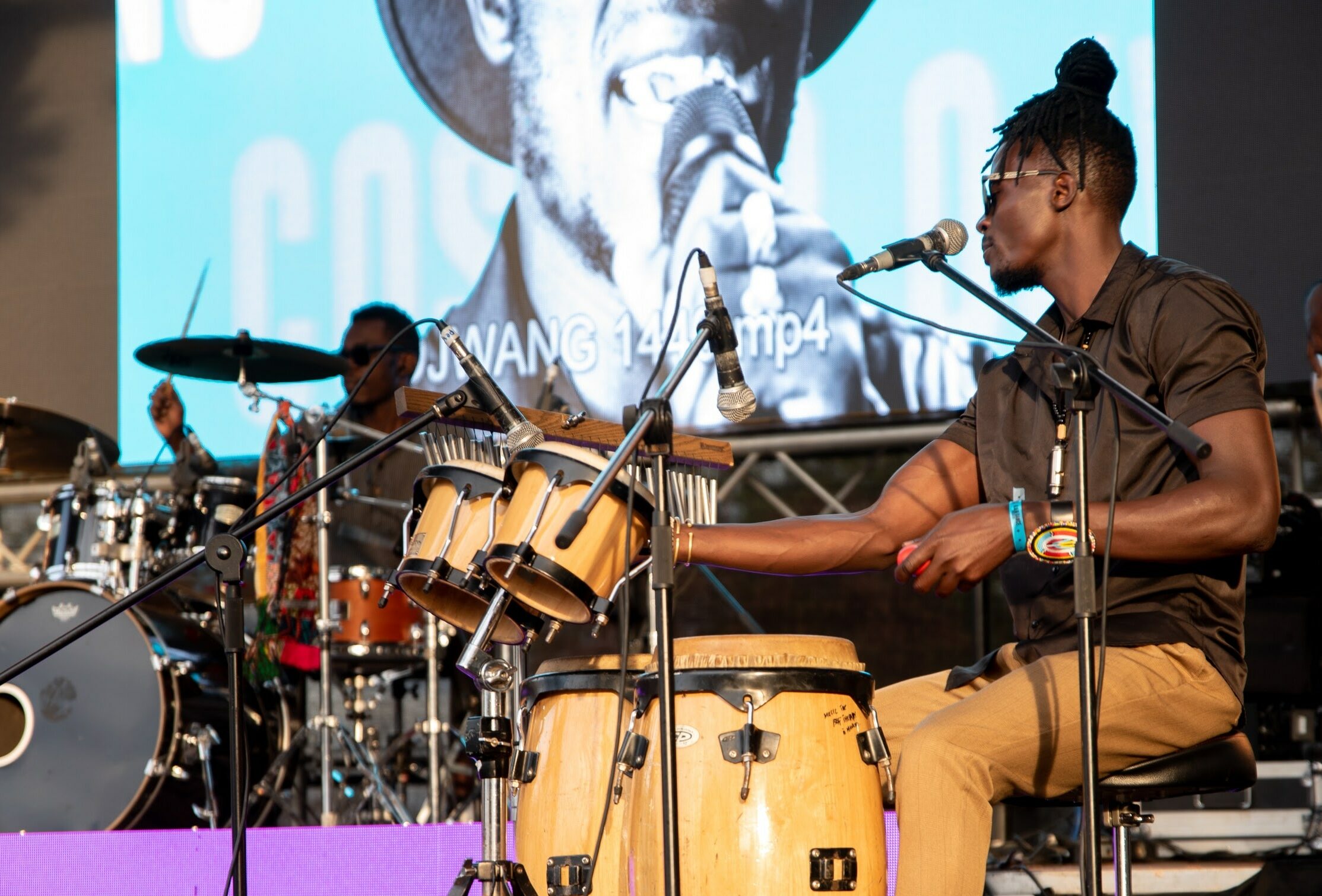President Felix Tshisekedi re-elected as the Democratic Republic of Congo leader for a second term with over 73% of the vote, as announced by the country’s election commission CENI on Sunday. However, the declaration of this outcome comes amid opposition grievances regarding the election’s conduct. Issues such as logistical challenges, an extended election day, and a less transparent vote count have intensified a dispute that risks further destabilizing a nation comparable in size to Western Europe. Congo is the leading global producer of cobalt and other valuable industrial commodities.
Denis Kadima, the head of CENI, announced the results in Kinshasa, stating that Tshisekedi had garnered over 13 million votes from a pool of more than 18 million valid votes, with the turnout surpassing 43%. At the declaration, cheers erupted among Tshisekedi’s supporters as Kadima provisionally declared Tshisekedi elected.
The Election Process
Before the full provisional results emerged, Trésor Kibangula, a political analyst at the Ebuteli Research Institute, spoke to AFP and remarked that Tshisekedi’s vote count “exceeds all expectations.”
While acknowledging the success of Tshisekedi’s dynamic campaign, Kibangula highlighted concerns about discrepancies in certain regions, suggesting potential impacts from observed irregularities.
Known by the nickname “Fatshi,” Tshisekedi navigated the DRC through the challenges of the COVID pandemic and the ongoing M23 rebellion in the east, a period characterized by a mix of achievements and challenges. Economic growth occurred, but so did soaring inflation and persistent high unemployment.
During his re-election bid, Tshisekedi highlighted his elimination of primary school fees and pledged job creation. He frequently accused opposition figures of collaborating with foreign interests.
An estimated 44 million out of the DRC’s 100 million inhabitants registered to vote. The election was extended officially for an extra day due to issues and continued for days in remote areas, as noted by observers.
Reports from a Catholic-Protestant observation mission documented numerous irregularities that could have affected the vote’s integrity. Approximately 15 embassies urged restraint in the mineral-rich but impoverished country, common grounds for post-election tensions.
Authorities emphasized efforts to prevent unrest, particularly in Katumbi’s stronghold mining areas in the southeast. They stressed that any electoral disputes should head to the constitutional court. However, opposition leaders voiced distrust in both the court and CENI, alleging subservience to the government.
Felix Tshisekedi’s Address to the Nation
Addressing hundreds gathered at his campaign headquarters alongside his wife and mother, Tshisekedi expressed gratitude to supporters and pledged accelerated initiatives during his second term to address societal disparities.
Felix Tshisekedi
He expressed, “You trusted my dedication to restoring our nation’s rightful position and ensuring the Congolese people regain pride and dignity in their belonging to this country.”
Speaking about his fight against longstanding inequalities in society, he emphasized, “You believed in my efforts against the inequalities that have long defined our society.”
Rival political entities and their representatives have a two-day window to contest the election’s outcome at the Constitutional Court. Subsequently, the court has seven days to adjudicate the matter and formally declare the ultimate result.
Opposition’s Joint Rejection of the DRC Elections

Opposition frontrunner Moise Katumbi secured second place with 18% of the vote. He has dismissed the possibility of pursuing legal action, citing concerns about the alleged lack of independence within state institutions. Other opposition contenders have yet to clarify their stance on contesting the results.
After President Felix Tshisekedi was re-elected, a coalition of nine opposition presidential candidates, including Katumbi, and six political party leaders urged their supporters to protest after the release of provisional results. In a joint declaration, they outrightly rejected the election as a sham and called for fresh elections conducted by a new electoral body, agreed upon by all parties.
While celebrations for Tshisekedi took place in the capital, there was little protest observed in other cities during New Year’s Eve.
The Congolese government had previously dismissed appeals for a re-run of the elections. Since election day, key challengers like former oil executive Martin Fayulu have called for a rerun, accusing CENI of bias in favor of the president.
Despite allegations of irregularities and warnings from independent observer groups regarding the credibility of the process due to voting extensions and other incidents, both CENI and the government have refuted these claims.
The United States remains closely monitoring the electoral developments in Congo, emphasizing the peaceful resolution of any disputes following Congolese electoral laws, as stated by a State Department official on Sunday.
Congolese Citizens’ Expectations after President Felix Tshisekedi is re-elected
Congolese citizens have high hopes for their future leaders. Alice Kilaneko, a street food vendor, desires a focus on education, healthcare, and better salaries for workers like civil servants and police. Also, the new leader should reduce unemployment for a good life and improve education for children.
Fabien Mufabule, a barber and businessman, seeks stability in security, politics, and the economy from the next president.
However, these elections occur amidst a humanitarian crisis. Escalating violence has led to nearly 7 million internally displaced persons. A Gallup survey reveals severe struggles—78% struggle for food and 59% for shelter—highlighting a deepening crisis.
Esperance Mahoro, displaced due to conflict, urgently seeks peace, as her family faces food shortages and joblessness. She hopes peace will allow her to return home and resume her job as a tailor.
Healthcare remains strained; 48% suffer health issues, with limited medical support. Fabien Kashama, a doctor, yearns for political changes and peace in the east after two decades of suffering. He envisioned a united and prosperous Congo under leadership that meets people’s needs.
Many have specific hopes for Congo’s future. Student Joyce Tshituala emphasizes security for less stress in daily life. Israel Bucunde Asende, a teacher, wants economic stability through a stable currency and better pay for educators.
Gallup analyst Benedict Vigers notes Congo’s struggle despite its rich resources. Conflict and corruption hinder wealth distribution, with 77% citing widespread government corruption.
Vigers highlight widespread insecurity, with over half feeling unsafe at night. Intense fighting in some regions prevented surveying, impacting data accuracy.
Insecurity remains a concern, especially in the east where numerous armed groups operate. Despite martial law in some provinces, conflicts persist, causing significant displacement.



